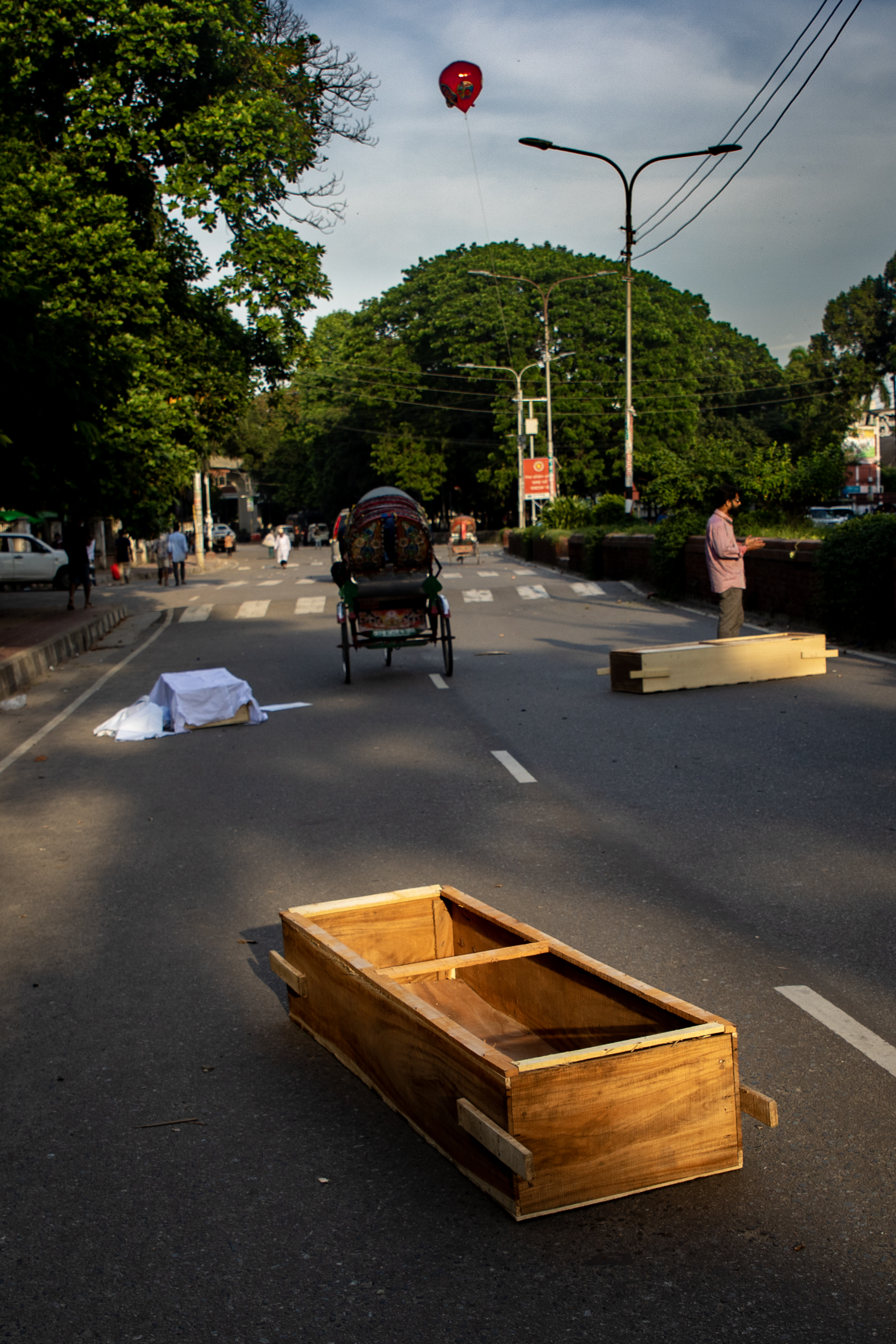A collection of books by renowned writers you cannot read

In a specially designated room at the Oslo Public Library, 100 hidden manuscripts by renowned authors like Margaret Atwood, Elif Shafak, Han Kang, Ocean Vuong, and most recently Amitav Ghosh, among many others, will be shelved. These manuscripts can only be read in the year 2114. This is the Future Library Project, a public artwork conceived in the summer of 2014 by Katie Peterson.
In the summer of 2014, when Katie was daydreaming about drawing tree rings on a tree, she saw a resemblance between the rings and the chapters of a book—imagining them as tree rings that would appear each year for 100 years. To add more depth to the project, she decided that the manuscript of the book would be harvested from real trees that would grow along with the book for 100 years, from 2014 to 2114. This project, managed by the Future Library Trust and supported by the City of Oslo, is called the Future Library Project.
In 2014, a thousand trees were planted in Nordmarka, a forest just outside Oslo, which will supply paper for the anthology 100 years from now. Each year, one writer contributes a text that will remain unpublished and unread until 2114. This is a spiritual exercise for the writers, in the sense that they might not be alive to see the reception of their work or even any criticism of it—a surreal yet sobering fact. A special ceremony marks the handover of the manuscript each year, deep in the Future Library forest, in an open-to-all event where readers and the author share in the purity, liveliness, and energy of the forest. The ceremony involves a public walk in the forest, a reading by the author, and then a Q&A session at the Oslo Public Library.
All the manuscripts are housed in The Silent Room on the top floor of the Oslo Public Library. The Silent Room was opened to the public on June 12, 2022. Fully crafted with approximately 16,000 wooden pieces, the room is a small, spiritual detour that showcases the manuscripts behind thin, hand-made cast-glass drawers labeled with the author's name and year. The manuscripts behind the glass are barely visible, creating a sense of longing and perhaps a deep sense of sorrow—knowing that none of us, including the authors and the artist, will be alive to read these magical pieces.
The project's initial themes—imagination and time, and how the two interplay over a long timeframe—have since expanded into more diverse and challenging areas. Questions are being asked about whether there will be any readers left to open the manuscripts 100 years from now, and whether our Earth's ecology will sustain itself for that long.
The Future Library Project, as fascinating as it sounds, is ultimately a thought experiment for all of us: an invitation to reflect on our lives and those of others, to ask whether what we are doing today could benefit—or at least sustain—life 100 years from now, and how we, both as individuals and as a society, can make the best of what we often take for granted: our present.
Iftehaz Yeasir Iftee is a poet and student at IBA, University of Dhaka. He contributed to the global poetry anthology Luminance: Words for a World Gone Wrong under the pen name Brotibir Roy.



 For all latest news, follow The Daily Star's Google News channel.
For all latest news, follow The Daily Star's Google News channel. 
Comments